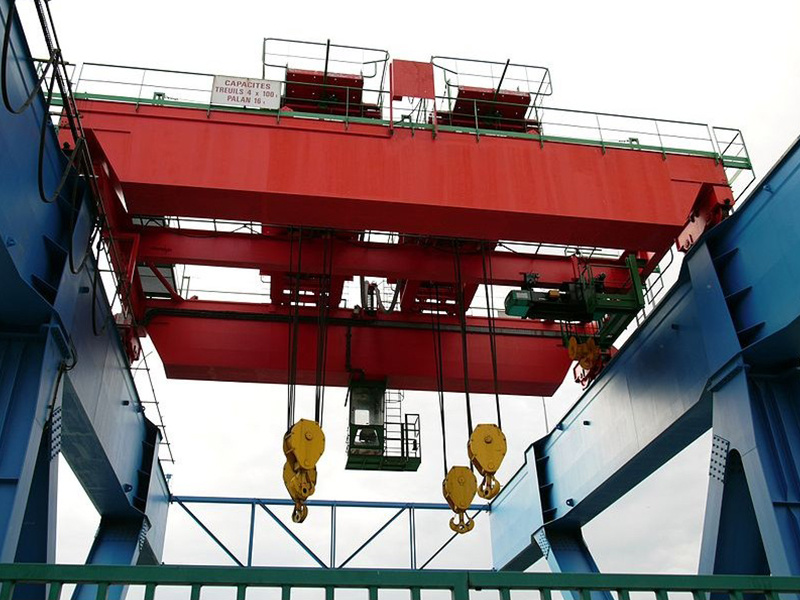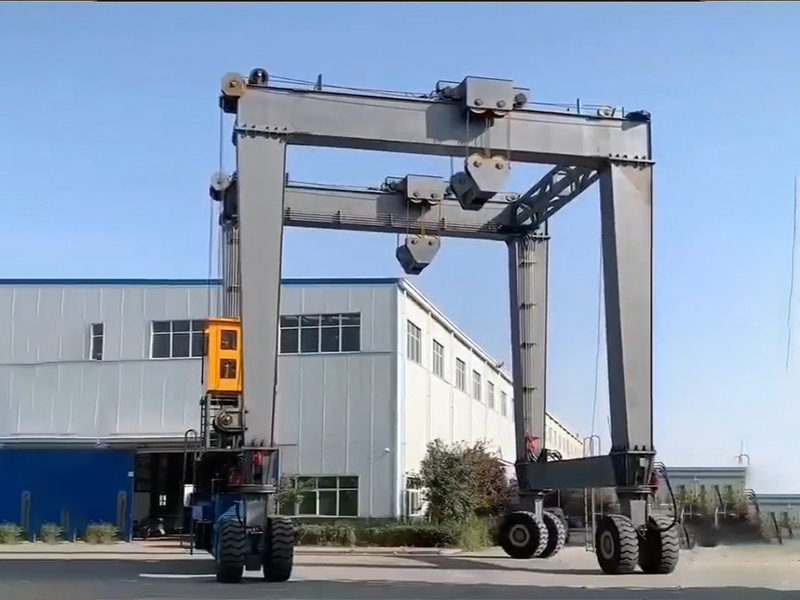Henan Aifite Intelligent Equipment Co., LTD.
Rubber-coating Tire for Electric Flat Car
Classification:
Product Introduction
Rubber-coating Tire for Electric Flat Car
The evolution of transportation technology has ushered in a new era of efficiency and sustainability. Among the myriad innovations, electric flat cars have emerged as a game-changer in various industries, including logistics, manufacturing, and warehousing. These electric vehicles are designed to transport goods and materials with minimal environmental impact. However, one of the critical components that can significantly enhance the performance and reliability of electric flat cars is the rubber-coating tire. This article explores the benefits, features, and potential future developments of rubber-coating tires for electric flat cars.
First and foremost, it is essential to understand the unique demands placed on tires used in electric flat cars. Unlike traditional vehicles, electric flat cars often operate in controlled environments, such as warehouses or factories, where surfaces can vary from smooth concrete to rugged outdoor terrain. As a result, the tires must be versatile enough to handle different conditions while providing optimal traction and stability. Rubber-coating tires are specifically engineered to meet these demands, offering a combination of durability, flexibility, and grip.
One of the primary advantages of rubber-coating tires is their ability to provide excellent traction. The rubber material used in these tires is designed to conform to various surfaces, ensuring that the electric flat car maintains a strong grip, even in challenging conditions. This is particularly important when transporting heavy loads, as any loss of traction can lead to accidents or damage to goods. The superior grip offered by rubber-coating tires not only enhances safety but also improves overall operational efficiency.
In addition to traction, the durability of rubber-coating tires is another significant benefit. Electric flat cars are often used in demanding environments where wear and tear can occur rapidly. The rubber-coating provides a protective layer that can withstand abrasions, punctures, and other forms of damage. This durability translates to longer tire life, reducing the frequency of replacements and maintenance costs. Consequently, businesses can enjoy lower operational costs and increased productivity, making rubber-coating tires a cost-effective choice for electric flat car fleets.
Moreover, the flexibility of rubber-coating tires contributes to their performance. Unlike traditional tires, which can be rigid and less adaptable, rubber-coating tires can adjust to different loads and surface conditions. This flexibility allows for smoother rides, reducing vibrations and enhancing driver comfort. In the case of electric flat cars, which often operate in close quarters, a smoother ride can lead to more precise maneuvering and a reduced risk of accidents. As a result, operators can focus on their tasks without the added stress of handling a difficult vehicle.
Another noteworthy aspect of rubber-coating tires is their environmental impact. As industries worldwide strive to reduce their carbon footprints, the demand for eco-friendly materials is on the rise. Rubber-coating tires can be manufactured using sustainable practices and materials, contributing to a greener future. Additionally, the enhanced durability and longevity of these tires mean that fewer resources are consumed over time, further minimizing their environmental impact. Businesses that prioritize sustainability can benefit from adopting rubber-coating tires, aligning their operations with broader environmental goals.
The development of rubber-coating tires is not without challenges. Manufacturers must continuously innovate to improve the performance and sustainability of these tires. Research into new rubber compounds and manufacturing techniques is essential to keep pace with the evolving needs of electric flat cars. Additionally, addressing issues such as heat dissipation and load-bearing capacity will be crucial for the next generation of rubber-coating tires. Collaborations between tire manufacturers and electric vehicle producers can lead to significant advancements in this field.
Looking to the future, the integration of smart technology into rubber-coating tires holds immense potential. Sensors embedded within the tires could provide real-time data on tire pressure, temperature, and wear. This information could be transmitted to operators, allowing for proactive maintenance and ensuring that electric flat cars are always operating at peak performance. Furthermore, smart technology could enhance safety features, alerting operators to potential issues before they become critical. The combination of rubber-coating tires and smart technology could revolutionize the electric flat car industry, setting new standards for efficiency and safety.
In conclusion, rubber-coating tires represent a significant advancement in the design and functionality of tires for electric flat cars. Their unique properties, including superior traction, durability, flexibility, and environmental sustainability, make them an ideal choice for businesses looking to optimize their operations. As the demand for electric vehicles continues to grow, the development of innovative tire solutions will be crucial in supporting this trend. By investing in rubber-coating tires, companies can enhance safety, reduce costs, and contribute to a more sustainable future. The journey toward a more efficient and eco-friendly transportation system is well underway, and rubber-coating tires are at the forefront of this exciting evolution.
Keyword:
Feedback
Leave a message online and get the product quotation free of charge. We will arrange the specialist to contact you as soon as possible.







